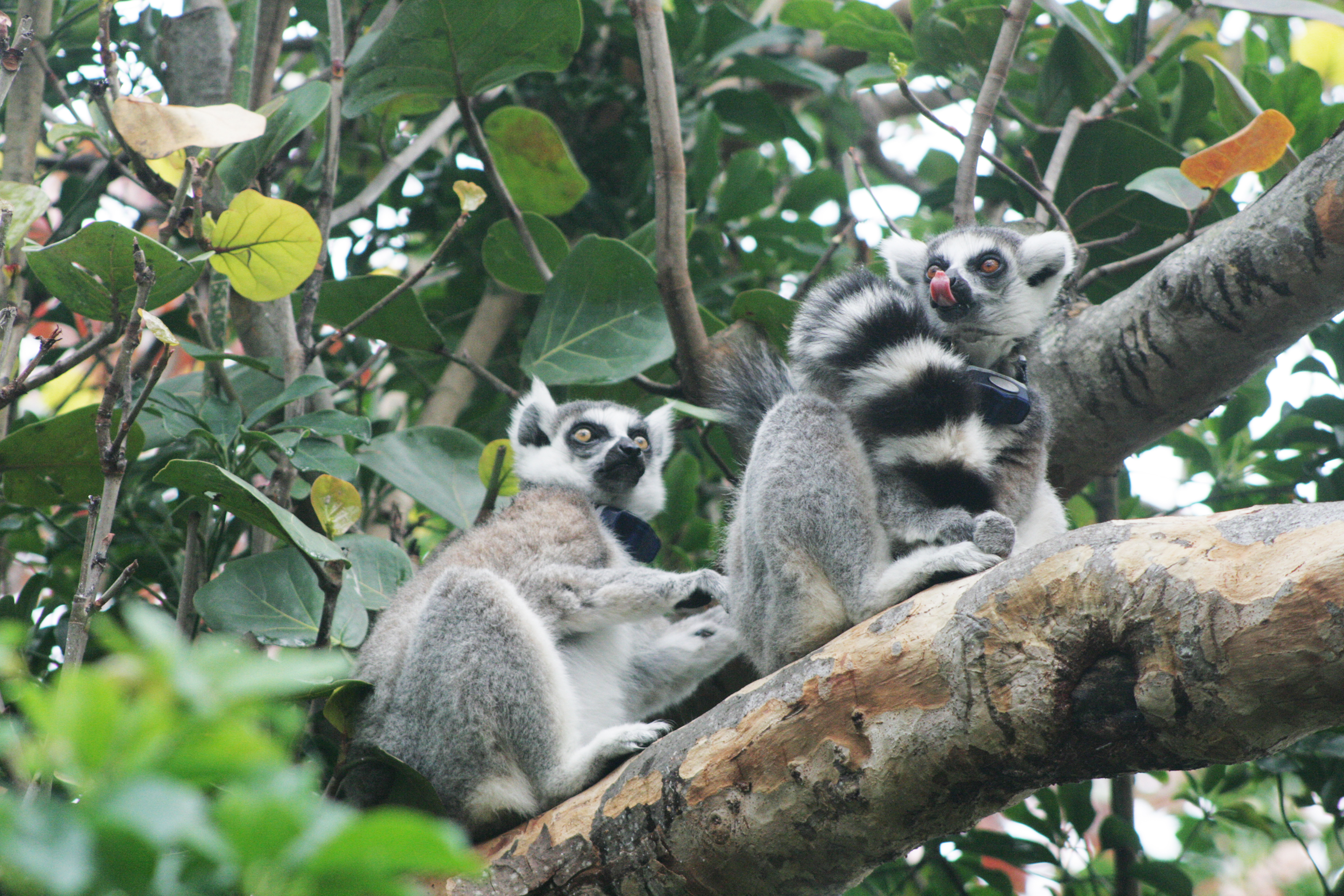Recent News
Top lionfish experts to help BermudaFriday, October 05, 2012
FRIDAY, OCT. 5: The Western Atlantic’s leading authorities on lionfish management are to run a two-day workshop with some of the island’s key environmental figures next week.
Story of the cahow goes international
Friday, October 05, 2012
FRIDAY, OCT. 5: The story of how Bermuda’s cahow was brought back from the brink of extinction will hit bookstores across the world next week.
Popular Zoological Society employee dies of cancer
Friday, September 28, 2012
Friends and family yesterday paid tribute to Bermuda Zoological Society’s educational boat captain Tim Hasselbring, who has died from cancer aged 38.
Young dad's death devastates family
Friday, September 28, 2012
FRIDAY, SEPT. 28: A heartbroken wife has spoken of her family’s devastating loss after the death of her husband from cancer.
'A visionary with an infectious enthusiasm for life'
Friday, September 28, 2012
FRIDAY, SEPT. 28: Tributes from Tim Hasselbring’s close friends and colleagues have poured in from across the island in the wake of his death.
About
GovernanceAbout Us
Newsletter
Latest News
Gift & Bookstore
Contact
General Inquiries
info@bzs.bm
Latest News
All the latest updates and news from the Bermuda Aquarium, Museum, and Zoo, one of Bermuda's leading visitor attractions!

The residents of the Bermuda Aquarium Museum and Zoo have not received Covid-19 vaccinations, but that could change as research continues.
Ian Walker, principle curator at BAMZ, confirmed that while some larger zoos in the United States have been working with a vaccine manufacturer to test a potential vaccine on a variety of species, no such vaccinations have been performed at BAMZ.
Dr Walker said: “It is my understanding that the United States Department of Agriculture has approved this vaccine for experimental use on a case-by-case basis in the United States only.”
He added that the number of species known to contract Covid-19 – and show symptoms of the virus – is still growing.
Dr Walker said: “The number of species of animals that are known to become infected, including showing symptoms, with this virus are growing.
“This is why we have taken the strict precautions we have at BAMZ from the start of the pandemic. These precautions help to protect our staff, animals and our visitors.
“We will continue to follow the science, work with our partners and will vaccinate the appropriate animal populations when a vaccine has been approved and we can gain access to it.”
The US-based Centres for Disease Control said that “companion animals” such as cats and dogs, along with several other species, have been able to contract the virus.
The CDC said: “There have been reports of animals infected with the virus worldwide. Most of these animals became infected after contact with people with Covid-19.”
Along with a small number of pets, zoo animals including lions, tigers, pumas, cougars, snow leopards and gorillas have tested positive for Covid-19 after showing signs of illness.
Minks at farms in several countries have also been shown to contract the virus, with mink to human spread of Covid-19 reported in the Netherlands, Denmark and Poland.
Recent experimental research has shown that many other mammals, including bank voles, ferrets, fruit bats, hamsters, pigs, rabbits, racoon dogs, tree shrews and white-tailed deer can be infected with the virus.


